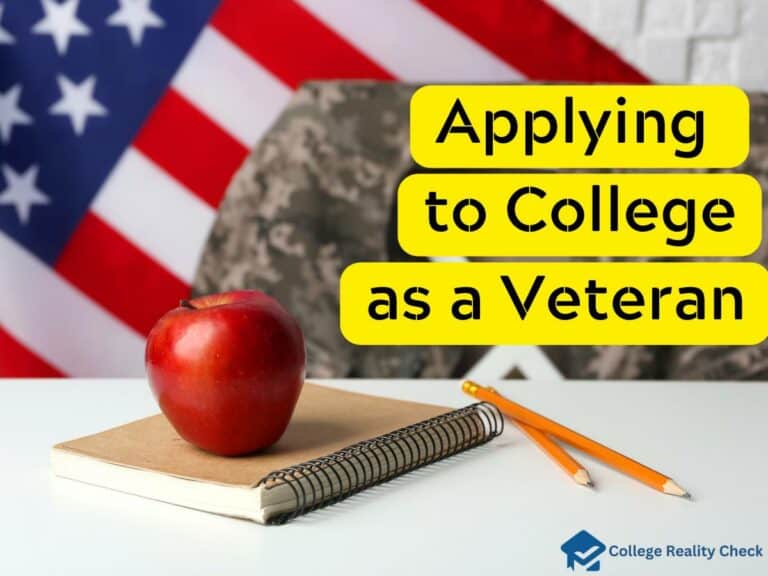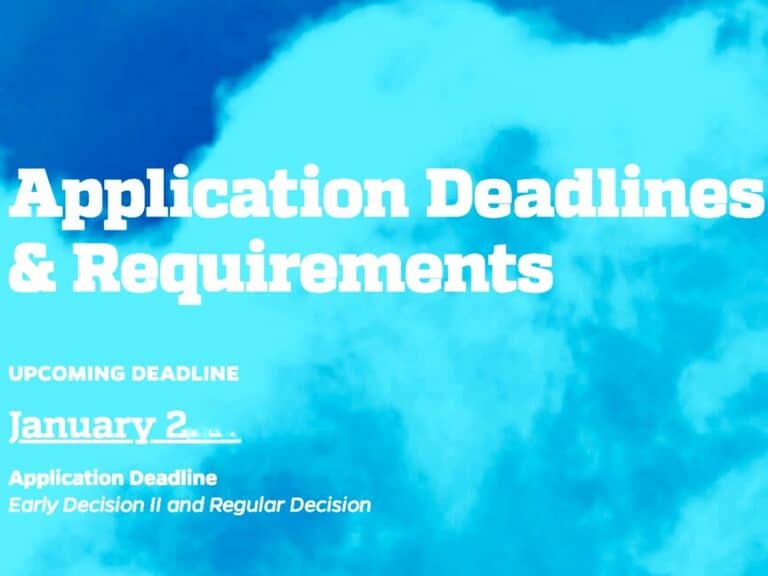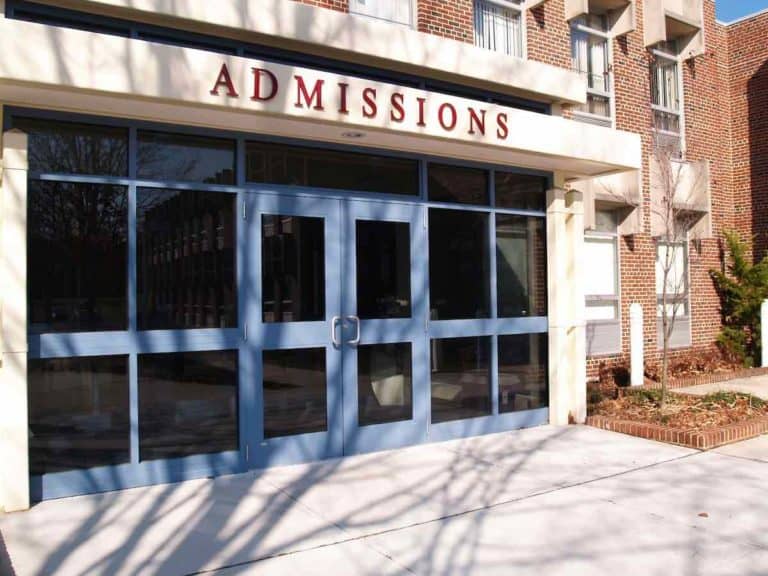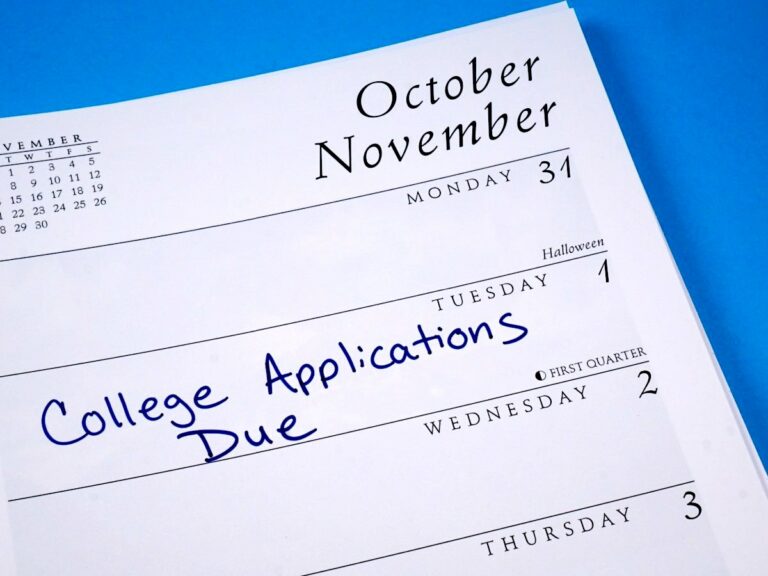The Ultimate Guide to Rejoining College After Dropping Out
Approximately 33% of undergraduate students do not complete their degree programs.
Of all college dropouts, only about 13% re-enroll, usually at community colleges.
Did you drop out of your undergraduate degree program in the past for whatever reason and are now wondering if you can go back to finish what you started?
The answer is yes, you can go back to college!
However, the process of entering college all over again may be different this time around, requiring you to determine your reasons for re-applying and exploring the various pathways toward a bachelor’s degree.
Establish the Reason for Going Back to School
Before filling out that application form, check that re-applying to college is a wise move.
Different college dropouts go back to college for different reasons.
In some instances, re-enrolling may not be the smartest step to take for the goal you have in mind — you could find yourself dropping out of college once more, wasting money and time.
Here are some of the most common reasons why some dropouts return to college:
Career Advancement
You can get a different job that pays better to make more money.
Or you may ask for a promotion.
Unfortunately, for many individuals in the workforce without a college degree, having a higher educational qualification than a high school diploma may prevent them from climbing the career ladder.
Career Shift
Not all workers will find the benefits of moving vertically within the same company enough.
Some may feel that a lateral move toward a different industry is what could give them career satisfaction.
For better job prospects, returning to college may be a fantastic option for those who once had to cut their undergraduate studies short to join the labor force or for any other reason.
Job Stability
In the United States, layoffs are commonplace.
Estimates show that around 40% of American workers get laid off at least once.
When it’s time to let go of some employees to cut costs, reduce staff, or relocate, companies almost always eliminate the least qualified individuals, including those without a college degree.
On the other hand, those with better qualifications tend to remain.
Going back to learning to have an undergraduate degree may help save you from layoffs.
Pursue an Interest
It’s never too late to chase a dream for those who want to make it happen.
Whether you have been interested in something for a long time or have just discovered it, you can re-enter college to obtain related knowledge and skills, thus allowing you to incorporate it into your professional life formally.
You can rely on an interest of yours to have a higher pay or a more rewarding career.
Of course, re-enrolling in college after quitting is the key to becoming a bachelor’s degree holder.

Determine the Best Pathway Toward a Degree
But there are various ways to do so.
While applying to your previous college is always an option, in some instances, it’s better to apply to a different one, depending not only on your academic and career goals but also on your unique circumstances.
Whether to continue your previous program or opt for a different one this time is also a crucial decision to make.
Applying to Your Former College
Did you drop out for reasons other than dissatisfaction with the college?
It may be a great idea to re-apply to your previous institution!
Because you are already familiar with its campus culture and academics, going to it would be less intimidating — you might still need some time to readjust to being an undergraduate student all over again.
There’s one more thing to figure out.
Are you going to re-enroll in your previous program at your former college?
Or are you going to try a different program when you re-apply?
Working on a different undergraduate degree may be the right step if your reason for re-entering college after dropping out is to penetrate another industry in the workforce or take a different career path.
Applying to a Different College
It makes a lot of sense to apply to another college if you quit before because you were unhappy with the academics, faculty, campus community, cost, or another reason related to the institution.
Recall what you disliked about your former school as you explore new ones.
Keep in mind that there’s no such thing as a perfect college.
However, by looking into a prospective college’s various characteristics and offerings, you can determine whether or not it’s the best-fit postsecondary institution for you.
It’s also vital to decide whether you will enroll in a program similar to what you took before.
Going for the same or a related undergraduate degree program may help save time and money by transferring credits, although they may expire if your previous curriculum is now outdated.
Enrolling in a new one may be better if you want a fresh start or prefer it to complement your career.
Things to Consider Before Re-Applying to College
Deciding to return to college after dropping out is one thing.
Applying to college is another.
Unfortunately, applying to college as a returning student may not be as simple as applying as an incoming first-year student, especially since different institutions have varying policies on admitting dropouts.
Think various things through before filling out that application form for better college success.
Ease of Applying to a Former or New College
Did you drop out just a year or two ago and are on good terms with the college?
Reapplying may no longer be necessary — get in touch with the admissions office or an academic advisor to ask about the reactivation of your status as a student at your former college.
Applying to the same college or a different one several years after dropping out may look different.
Depending on the credits you previously earned or the new college’s admissions policy, you may have to apply as a first-time, first-year student, or transfer student.
Of course, the documents you have to submit can vary from one institution to the next.
Transfer Credit Policy and Credit Types Accepted
Whether you have a career to tend to or kids to look after, a quick graduation after re-entering is crucial to minimizing and shortening the necessary adjustments and sacrifices.
It’s when the importance of transferring previously earned credits comes in.
Transferring as many credits as possible comes with time- and money-saving advantages.
Unfortunately, a college may no longer honor credits from courses that are no longer relevant these days, which means you may have to retake some or all of them.
Look for a college that accepts credits from work experience, professional certifications, and portfolios.
Flexible Schedules for Adult or Non-Traditional Learners
Unlike most fresh high school graduates, most dropouts returning to college are busy with many things.
It’s a vital consideration since you will need to balance your studies with your other commitments, such as a 9-to-5 job, a self-owned and run business, and growing kids.
Check whether or not the prospective college offers night and weekend classes.
Consider applying to a college where you can take some or all your courses online — a self-paced online degree program that you can complete at a rate you can live with is a perfect option.
Read Next: How to Get Into a College
Disclaimer: The views and opinions expressed in this article are those of the authors and do not necessarily represent those of the College Reality Check.






